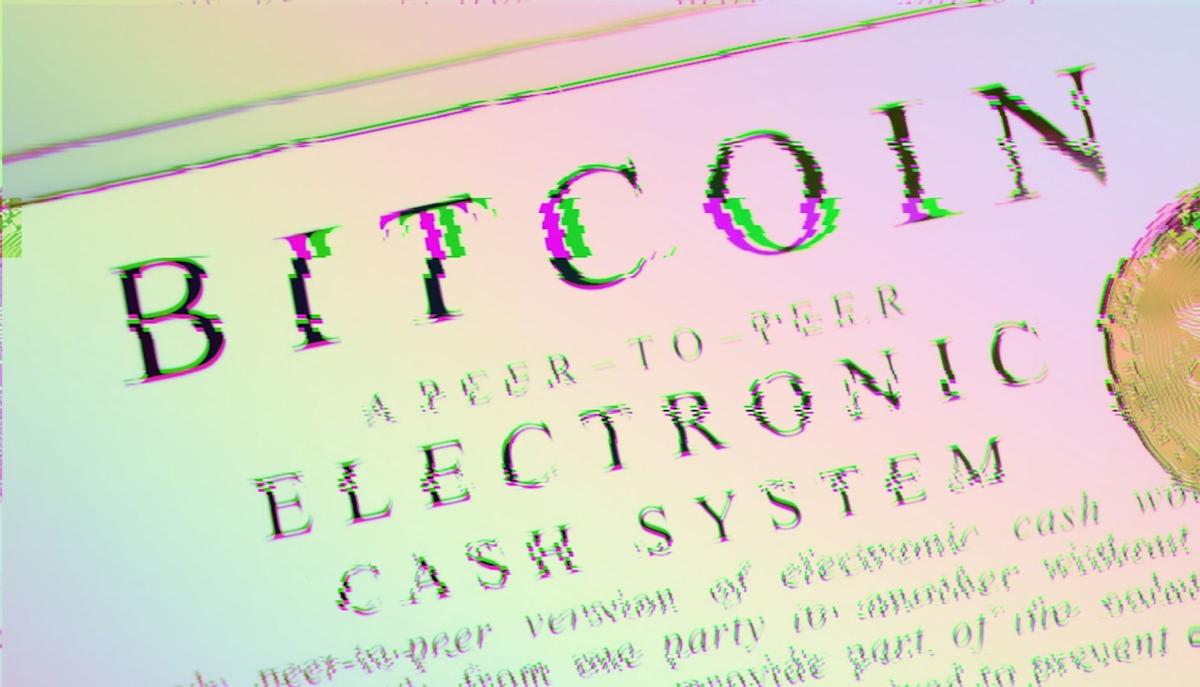From Cypherpunk Rebellion to Wall Street Staple
The Bitcoin whitepaper, A Peer-to-Peer Electronic Cash System, published by the mysterious and pseudonymous Satoshi Nakamoto, turned seventeen years old yesterday.
Released on Oct. 31, 2008, amid the global financial crisis, the nine-page document laid the foundation for what would become the world’s first cryptocurrency.
The whitepaper outlined a vision for a decentralized, peer-to-peer financial system built on cryptographic proof rather than trust in third-party intermediaries. Its goal was to eliminate the problem of double-spending and enable online transactions without relying on banks or other trusted third parties. “We have proposed a system for electronic transactions without relying on trust,” Satoshi wrote.
Seventeen years later, Bitcoin’s influence has reached far beyond the cypherpunk forums where it began. The anniversary comes as U.S. spot bitcoin ETFs in less than two years of existence have experienced unprecedented success, seeing total net inflow of over $62 billion and total net assets exceeding $150 billion, according to SoSoValue data.
But Bitcoin’s mainstream acceptance extends beyond Wall Street. It has now entered the highest levels of government, including the White House under the current U.S. administration.
Some of Bitcoin’s most outspoken critics have become its biggest advocates. In 2021, former President Donald Trump dismissed Bitcoin as a “scam against the dollar.” Yet by the 2024 presidential election, he was urging supporters to “never sell your bitcoin” and went on to sign an executive order establishing a bitcoin strategic reserve.
Larry Fink, CEO of BlackRock the world’s largest asset manager once called Bitcoin an “index of money laundering.” Today, he champions it as one of his firm’s most successful ETF products and views it as a hedge against sovereign debt instability.
Likewise, Michael Saylor, the outspoken CEO of Strategy, has become one of Bitcoin’s most persistent evangelists, continuing to accumulate BTC through stock and debt offerings. Saylor himself began as a skeptic, once declaring, “Bitcoin’s days are numbered. It seems like just a matter of time before it suffers the same fate as online gambling.”
The last major holdout among prominent financial figures remains JPMorgan CEO Jamie Dimon, who continues to voice doubts about Bitcoin’s value and sustainability. His bank though, has heartily moved into the sector, including recently allowing clients to pledge bitcoin as collateral.
The financialization of bitcoin through ETFs and corporate treasury adoption has drawn comparisons to the mortgage securitization boom of the 1970s an era that saw asset prices soar to new heights.



Leave a Comment
Your email address will not be published. Required fields are marked *